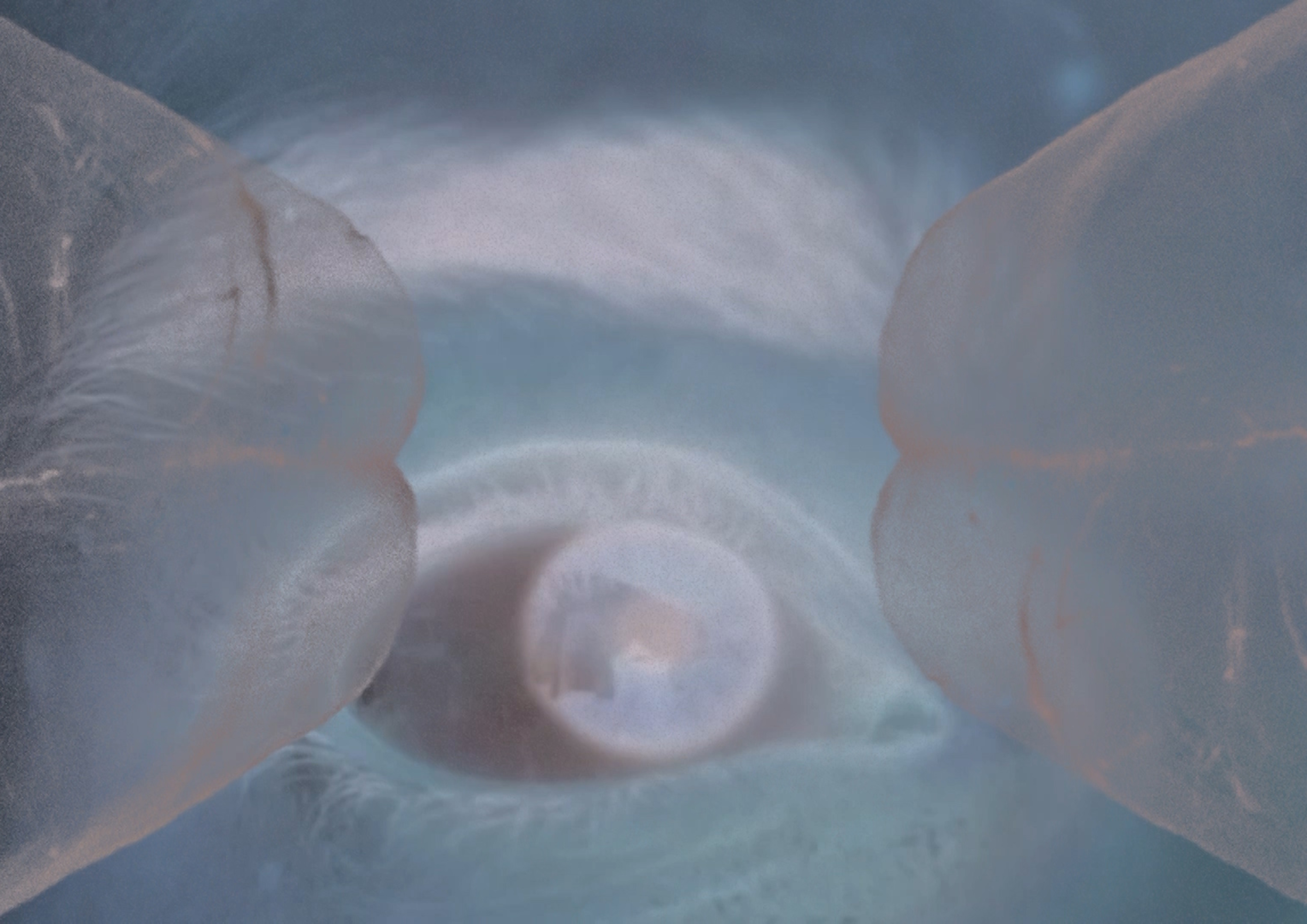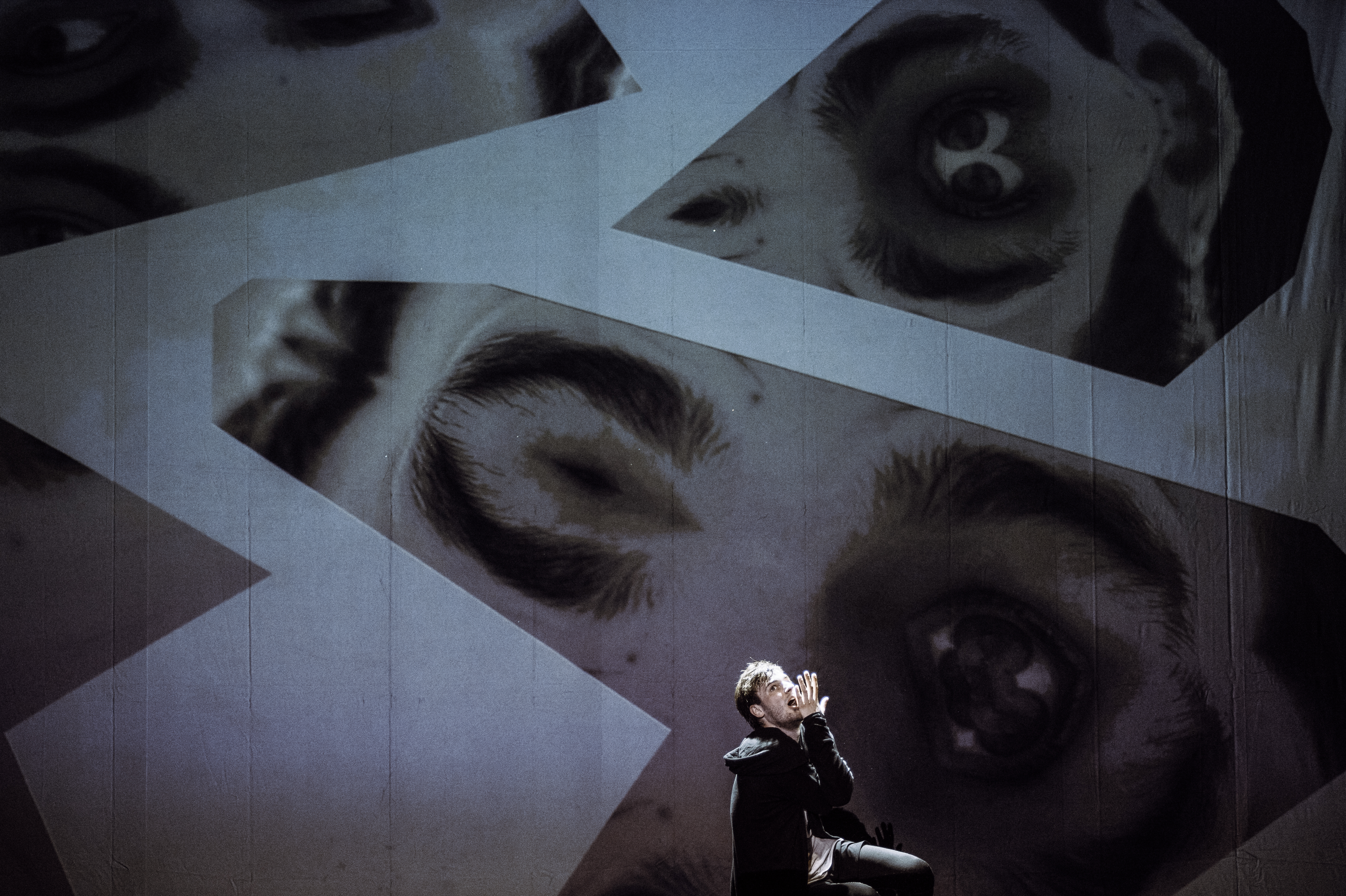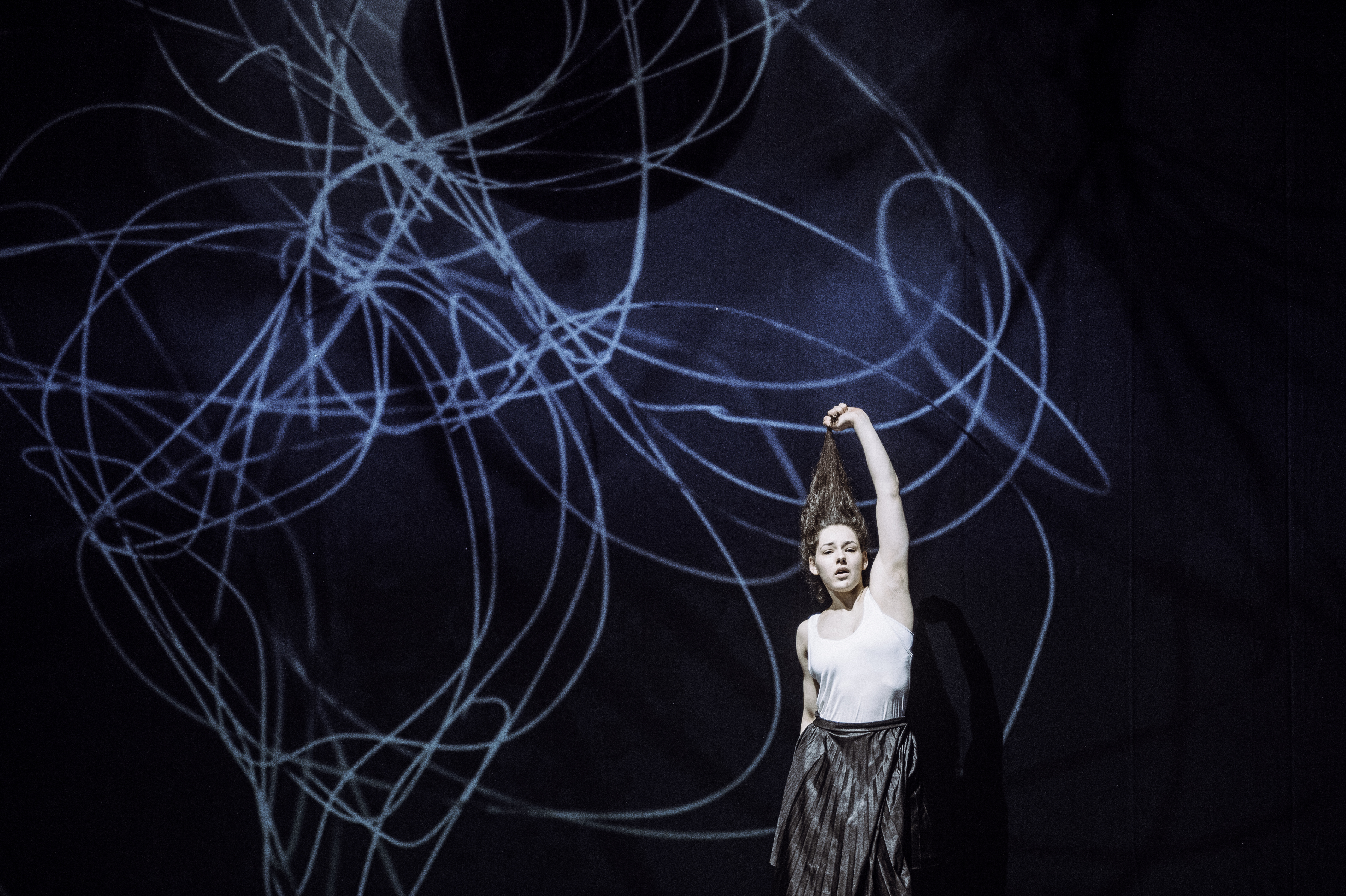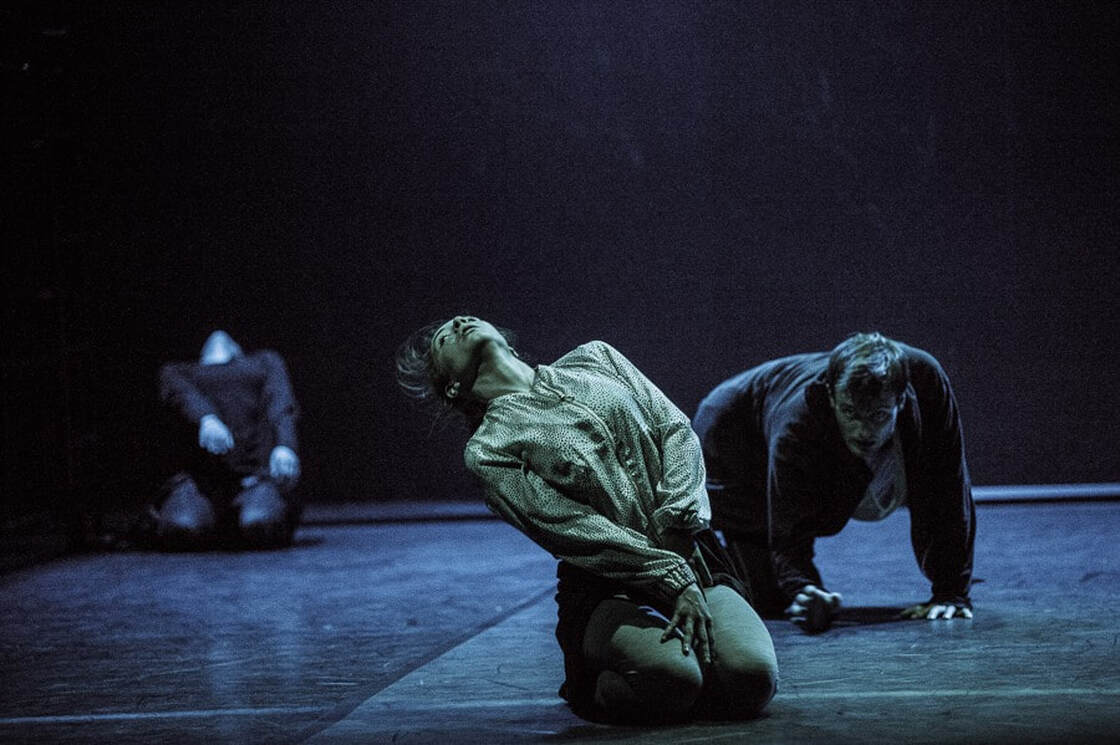- Direction/Choreogrpahy: Liwia Bargieł Music: Aleksander Kaźmierczak Dramaturgy: Paulina Ozga Video: Marta Jarnuszkiewicz Performers: Patrycja Grzywińska, Sonia Mietielica, Piotr Janusz, Vova Makovsky, Błażej Stencel Performance created as part of Project Zero at National Academy of Dramatic Arts in Warsaw
Screens from videos







Photo: Bartek Warzecha
